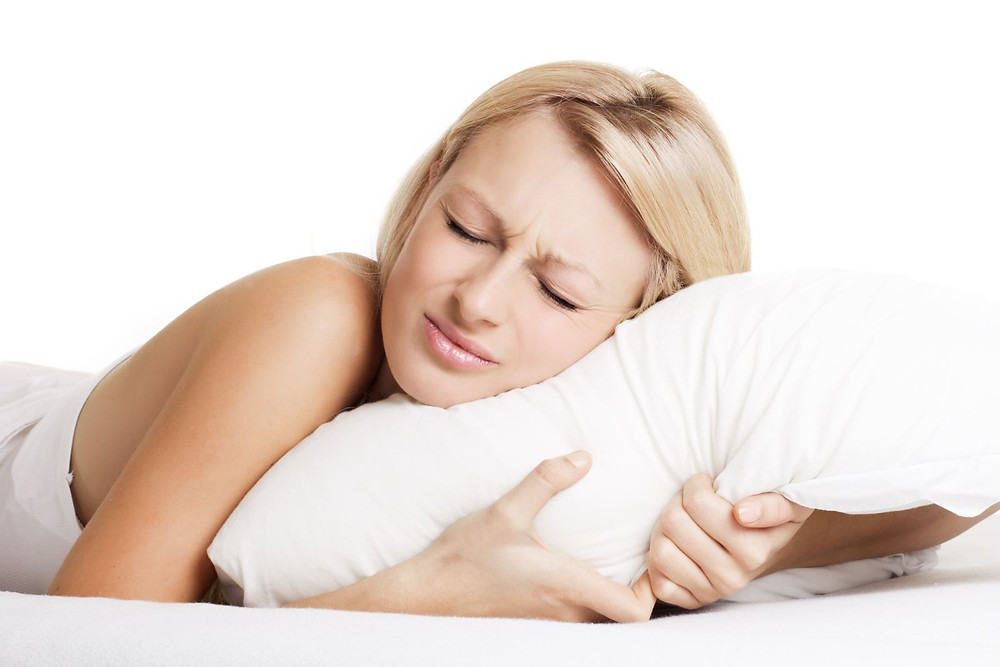
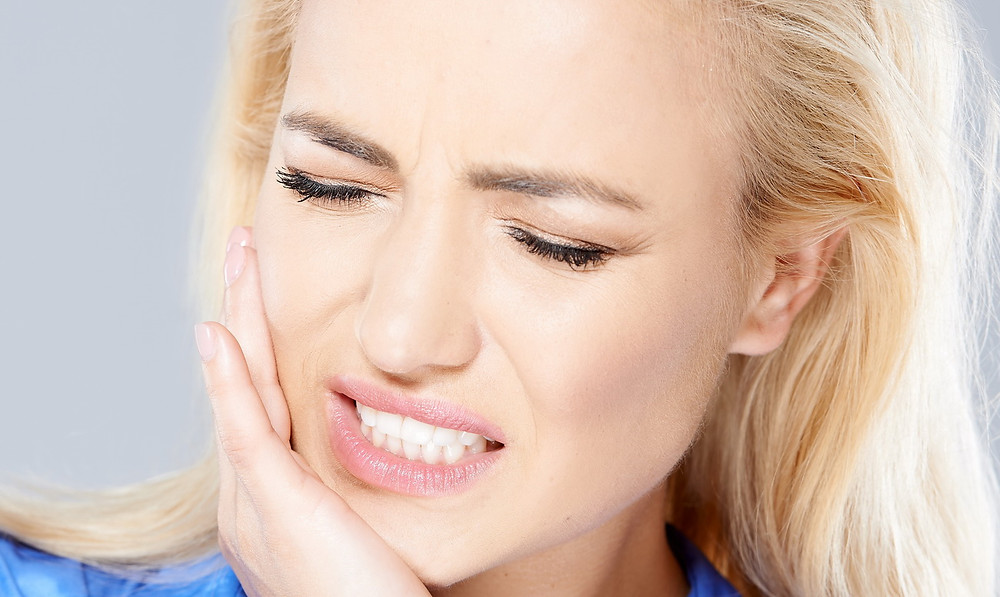
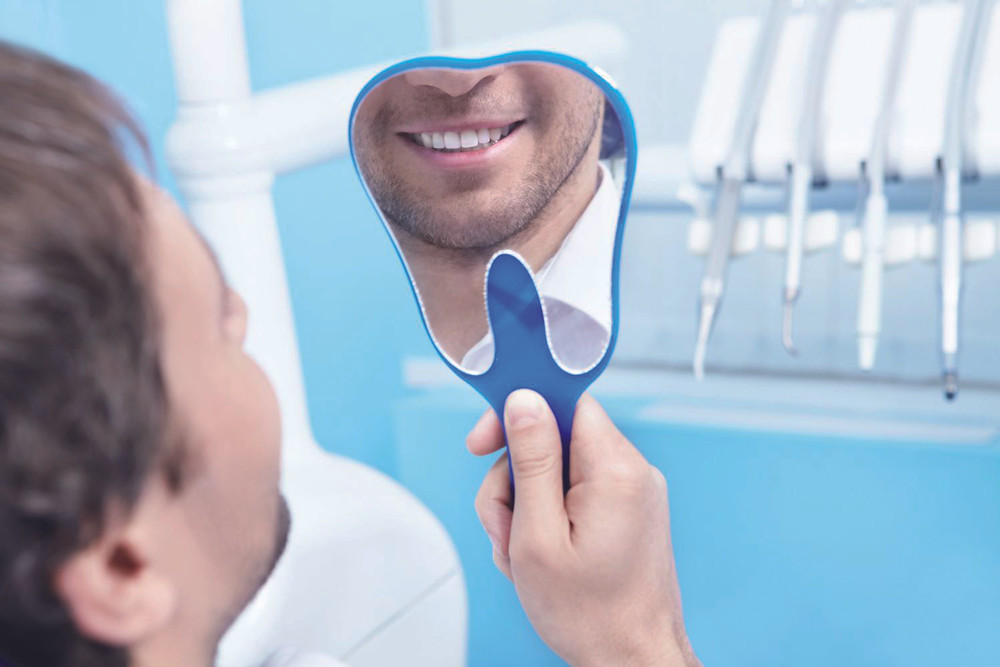
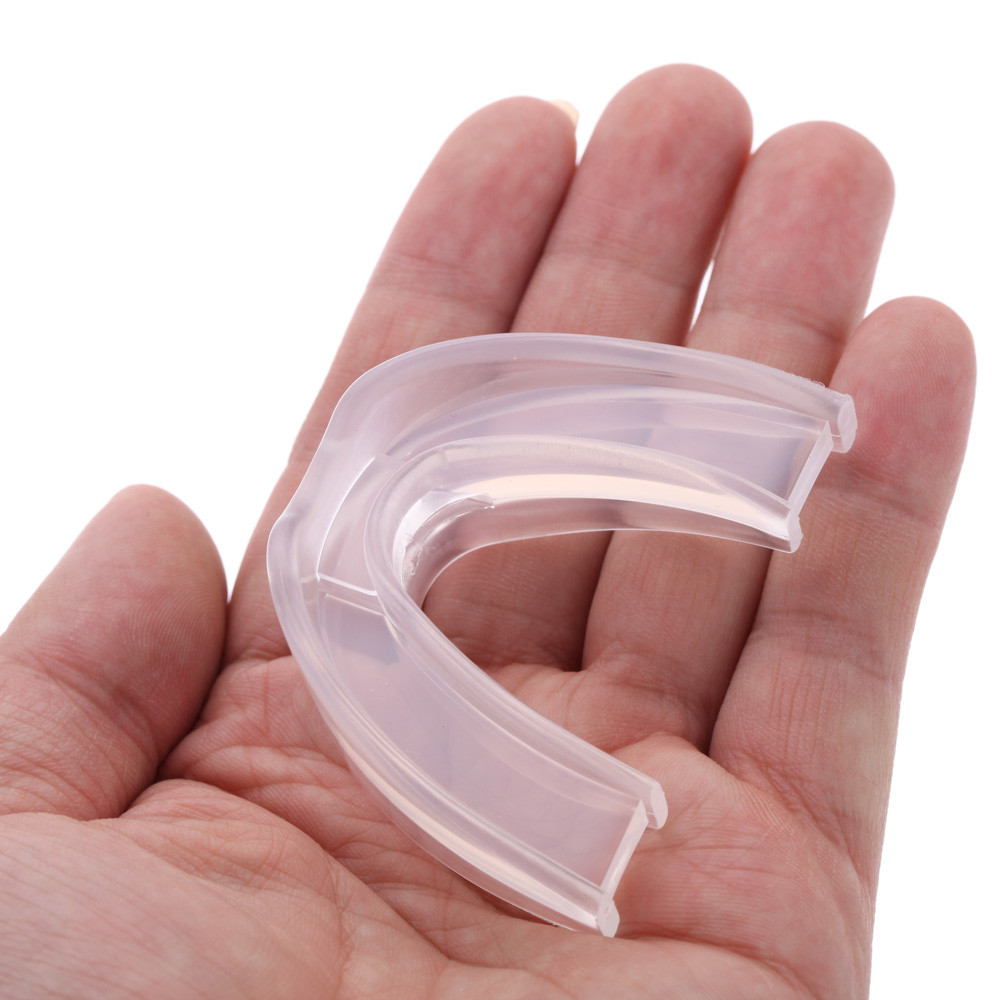
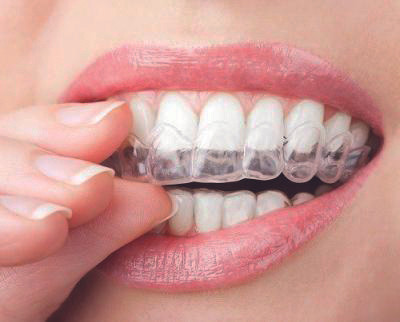
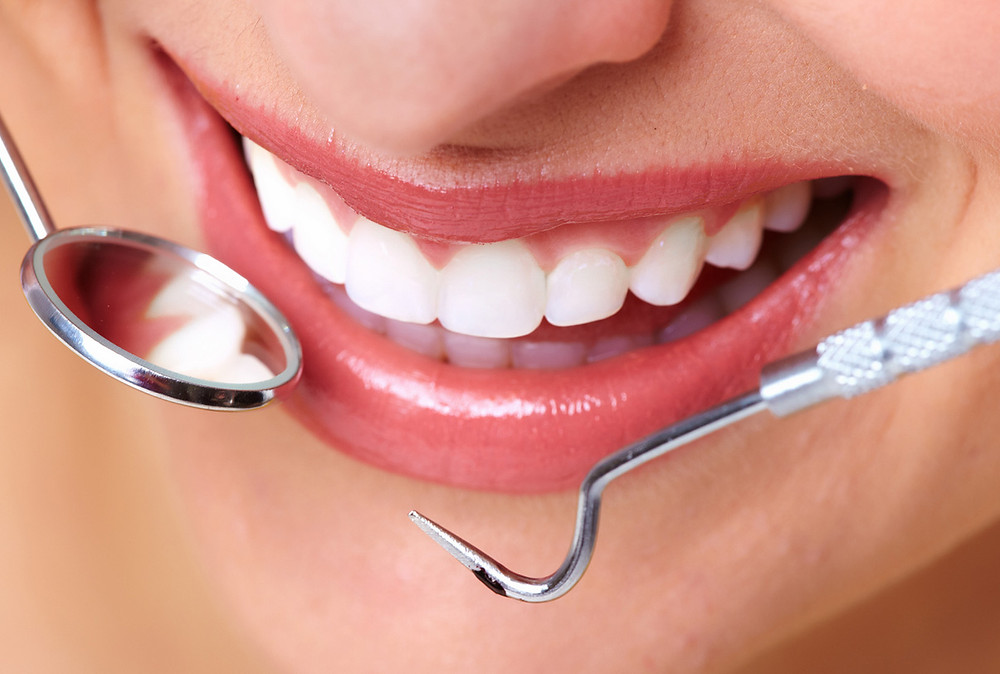
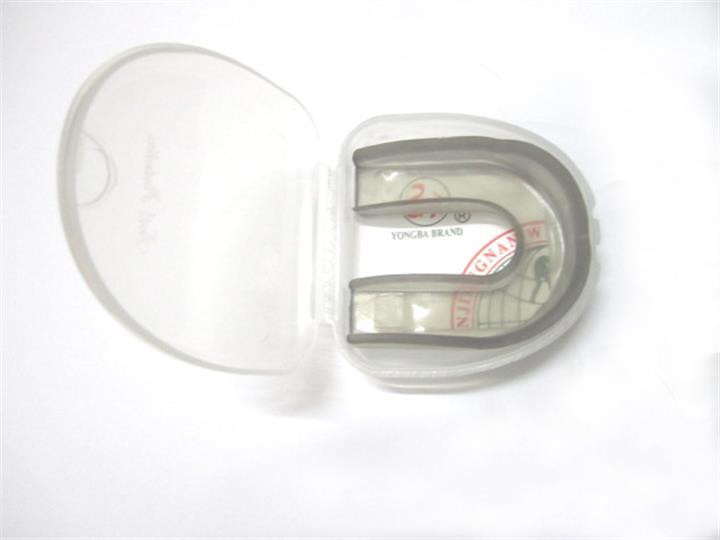
Last time I was talking about chronic diseases connected to oral health. Today I would like to talk about grinding and clenching, called «bruxism.» The word bruxism comes from the Greek language. It means gnashing of teeth. 20% of population hasnbruxism during walking hours and 8% during sleep. 15% of children have it in early life during teeth development and only 3% have it later. Bruxism is not a dangerous disorder, but it can cause serious damage. So, what is “bruxism”? We all clench, that is, (close the jaw tightly) or grind our teeth (that is, close the jaw tightly and rub the teeth together) from time to time, and this does not cause any problem. But if we do so on a regular basis, it’s called “bruxism.” We also identify two kinds of «bruxers»: «grinders» and «clenchers.» Grinders are typically men, and clenchers are more typically women. New research proves that the primary cause of bruxism is stress, but with sleep disorders and bite irregularities as secondary causes. Another cause can be brain-stimulating drugs. During sleep, bruxers can produce 250 pounds of force, enough to crack a walnut. As a result, we can suffer pain in the jaw muscles, headaches, broken teeth, excess wear of enamel, loose teeth, sensitivity, hearing loss, TMJ symptoms, and change of facial appearance. Daytime clenching is easier to stop than nighttime grinding. First, the dentist gives you a proper diagnosis based on your symptoms, to rule out other disorders. Usually the patient has history of nighttime stress and tension, morning headaches, difficulty in opening the mouth in the morning, and noise from grinding, “crack” lines on their teeth, wearing down of the teeth, sensitivity, stress, insomnia, depression, eating disorder, and earache. The goal of the treatment is to reduce the pain and to prevent permanent damage of the teeth by reducing the clenching behavior.
The treatment is based on two things: 1. SELF-CARE 2. A NIGHT GUARD OR SPLINT For self-care we usually recommend: apply ice or wet heat to sore jaw muscles, avoid eating hard food, and avoid chewing gum. Alcohol consumption increases the grinding at nighttime. Drinking caffeine also increases grinding. So, we recommend to drink plenty of water every day, self-massaging to relax trigger nodules, and consciously to relax jaw and face muscles during the day. To practice relaxing your jaw muscles, put the tip of your tongue between the upper and lower teeth. Self-hypnosis also helps, as do physical therapy, physiological consultation for stress release, and muscle relaxants. For night guards and splints, you can buy an over-the-counter splint without a doctor’s prescription. But the disadvantages are: it is very soft, and you will grind it off, it is not customized to your bite discrepancies, and can stimulate more force from the jaw. Instead, we usually recommend a custom night guard, and its design depends on the patient’s clenching or grinding behavior. When the patient is a clencher, we make a custom splint to open the back portion of the patient’s bite. We call this kind of split the NTI. For grinders, we can prescribe a lower or upper guard. An orthodontic guard, for adjustment of the patient’s bite, is also important; surgical treatment could be the last resort. Remember, even if you have early symptoms of this disorder, it is important to treat it before it worsens and causes permanent damage to your teeth. One of my patients was grinding his teeth for a long time. The wear on his teeth had made them appear small, and the teeth’s enamel was reduced more than is normal for his age. (Normal enamel wear is a reduction of 0.3 mm in 10 years.) In his mid-40’s he basically had no enamel remaining. He also suffered tooth sensitivity. We provided crowns on his teeth and created a custom night guard. With these treatments he could save his teeth, improve his bite and appearance, and also restore normal use of the teeth for eating. We also had a bruxing patient who did not wear a night guard and would return to our office with broken veneers and bridges. He did not want to wear any nighttime appliances in his mouth. We installed an implant and crown. Later the implant fell out due to bone resorption, a result of his nighttime grinding. In this case, the last resort was a partial denture, an unfortunate and more serious intervention.
Now with our new billing software we can bill medial insurance to pay for the night guard because the destruction relates not only to the mouth but to a general health of the patient: chronic headache, earache, depression, insomnia, eating disorder. Alla Rapoport, DDS7601 Canby Ave, Ste. 4Reseda, CA 91335





